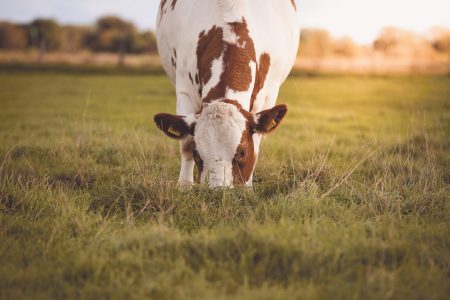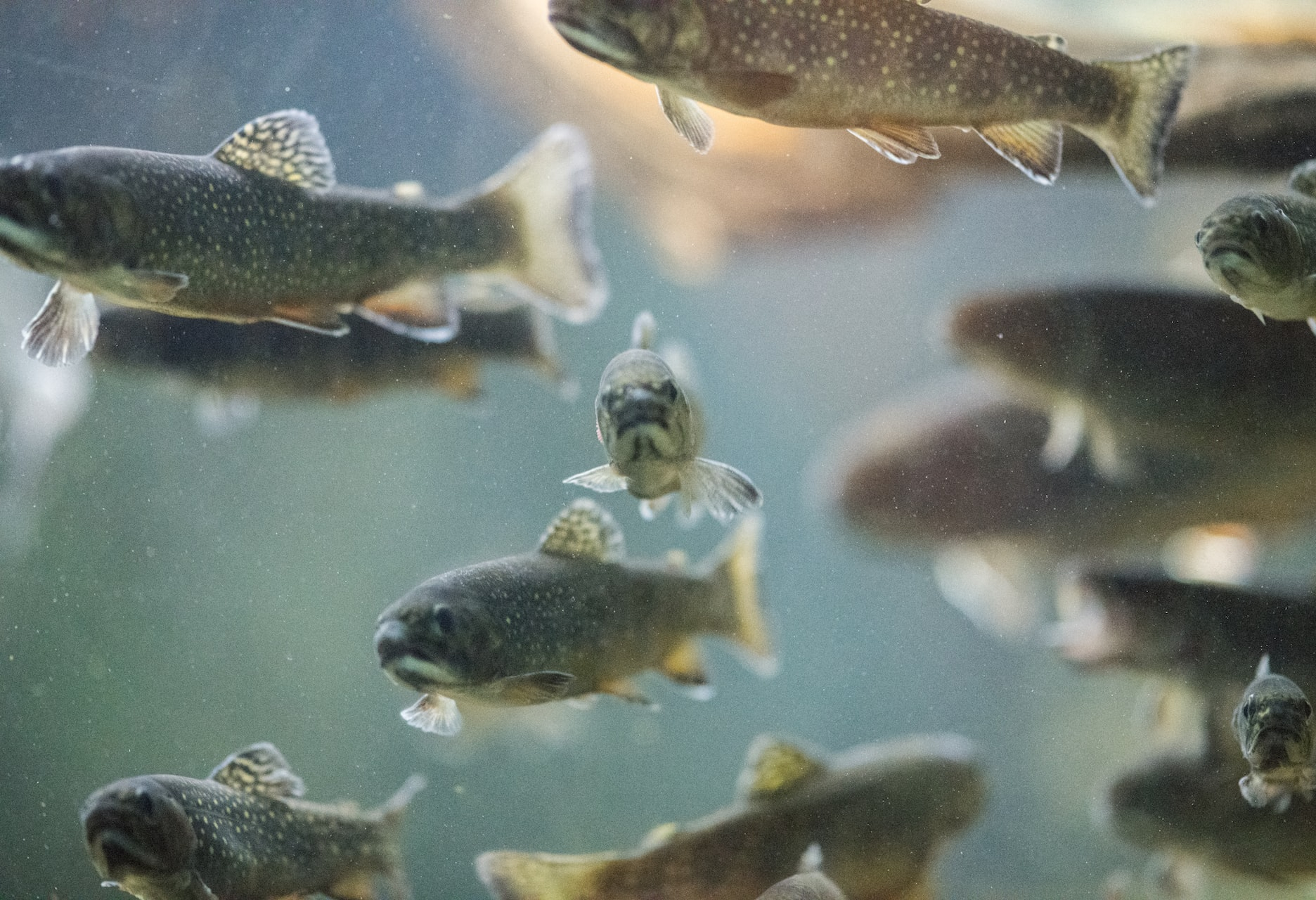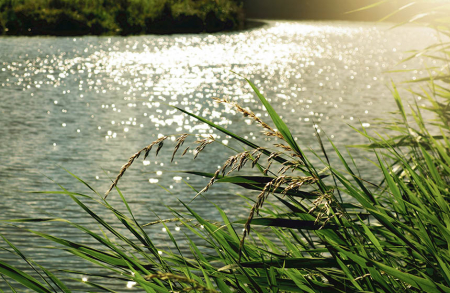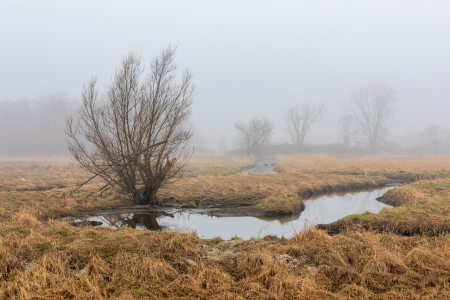Rewilding UK farmland to address nitrate pollution

Mudflats, saltmarshes and seagrass on the south coast of the UK have received high loads of nitrogen and phosphorus for decades, from wastewater pollution, urban runoff and agricultural discharge. This has led to habitats being covered with mats of green algae, starving animals and plants of oxygen and hindering birds from reaching invertebrate prey. The degree of harm has become so serious that development of new homes has been paused under the EU Habitats Directive, until measures are in place to prevent development increasing nitrate pollution through wastewater.
The Hampshire & Isle of Wight Wildlife Trust is instigating a ‘nitrate offset’ scheme to permit housing developments to offset and reduce nitrate pollution, whilst simultaneously creating new wildlife habitats. Under this scheme, developers will be able to pay for the rewilding of intensively managed farmland, meaning this land will no longer leach nutrients but will instead become the site of new natural habitats, such as traditionally grazed meadows, wetlands and woodland. The reduction in nitrate pollution from taking farmland out of production should outweigh the additional pollution from the housing development. This scheme is only one of a few different nitrate offset options that the developers have – other schemes such as improving wastewater treatment are also available. Ideally, wastewater treatment would be improved in addition to using the rewilding offset scheme.
Read an overview here, and a more detailed document here.




